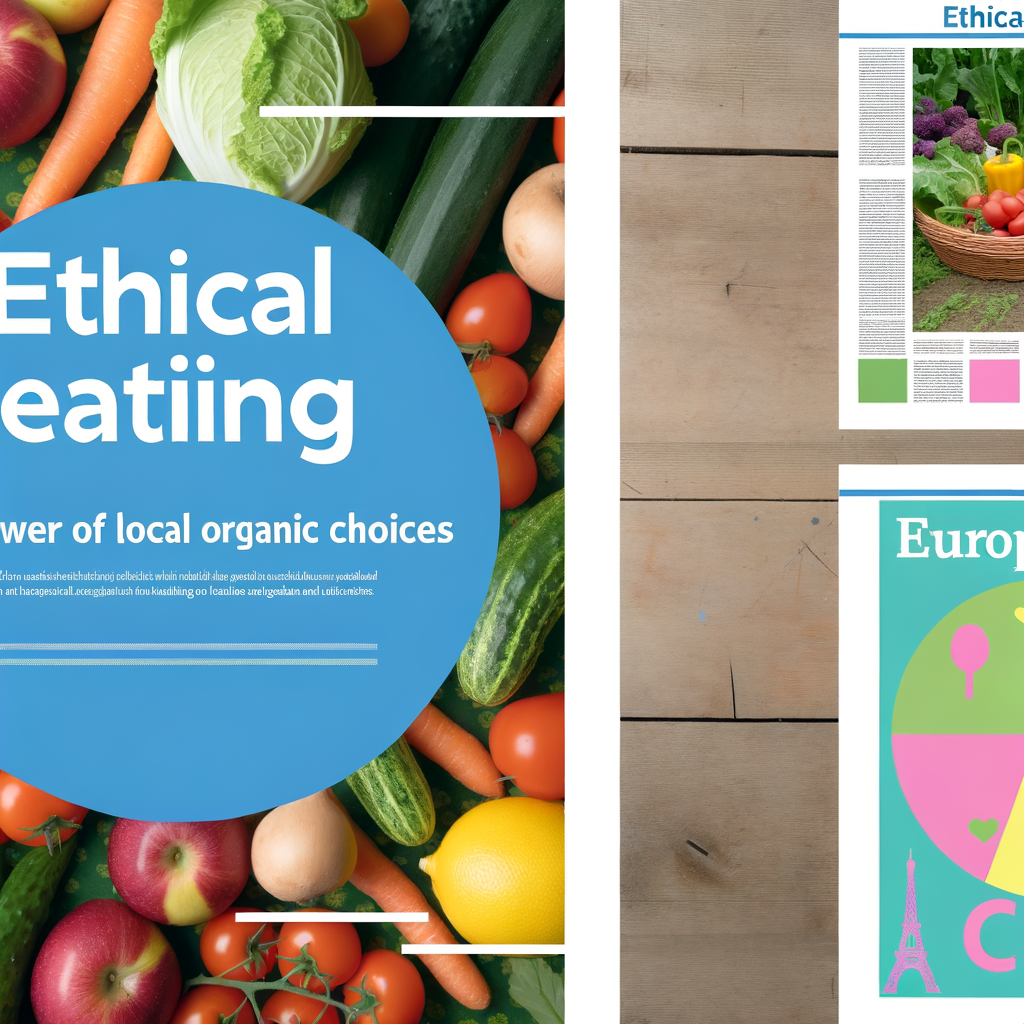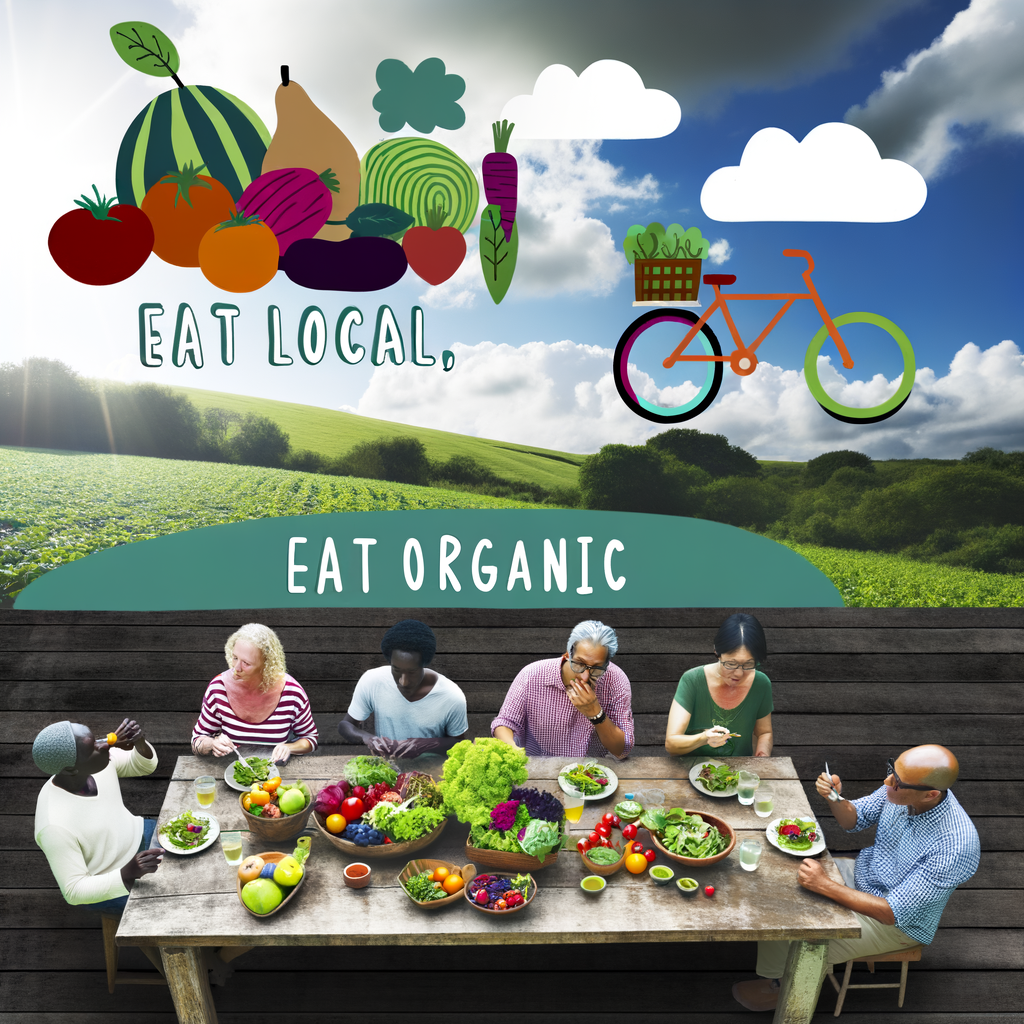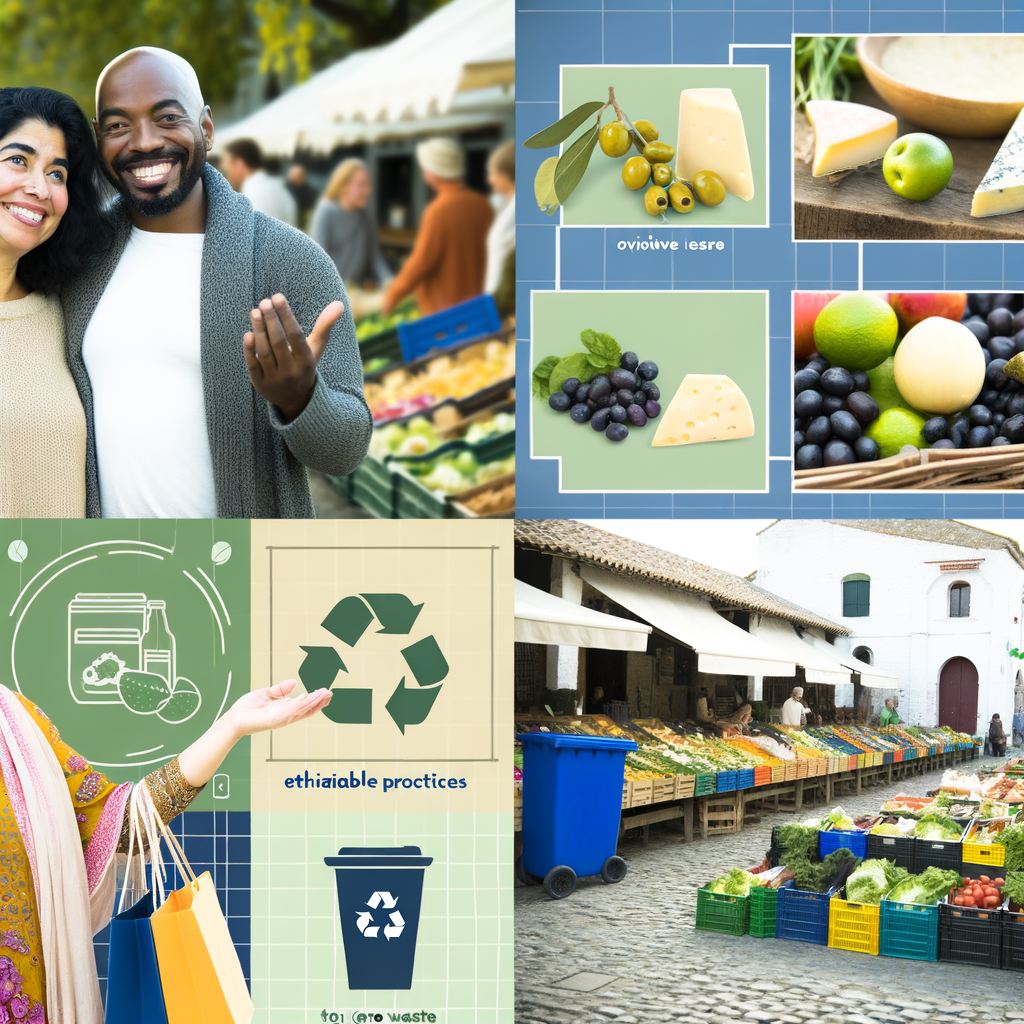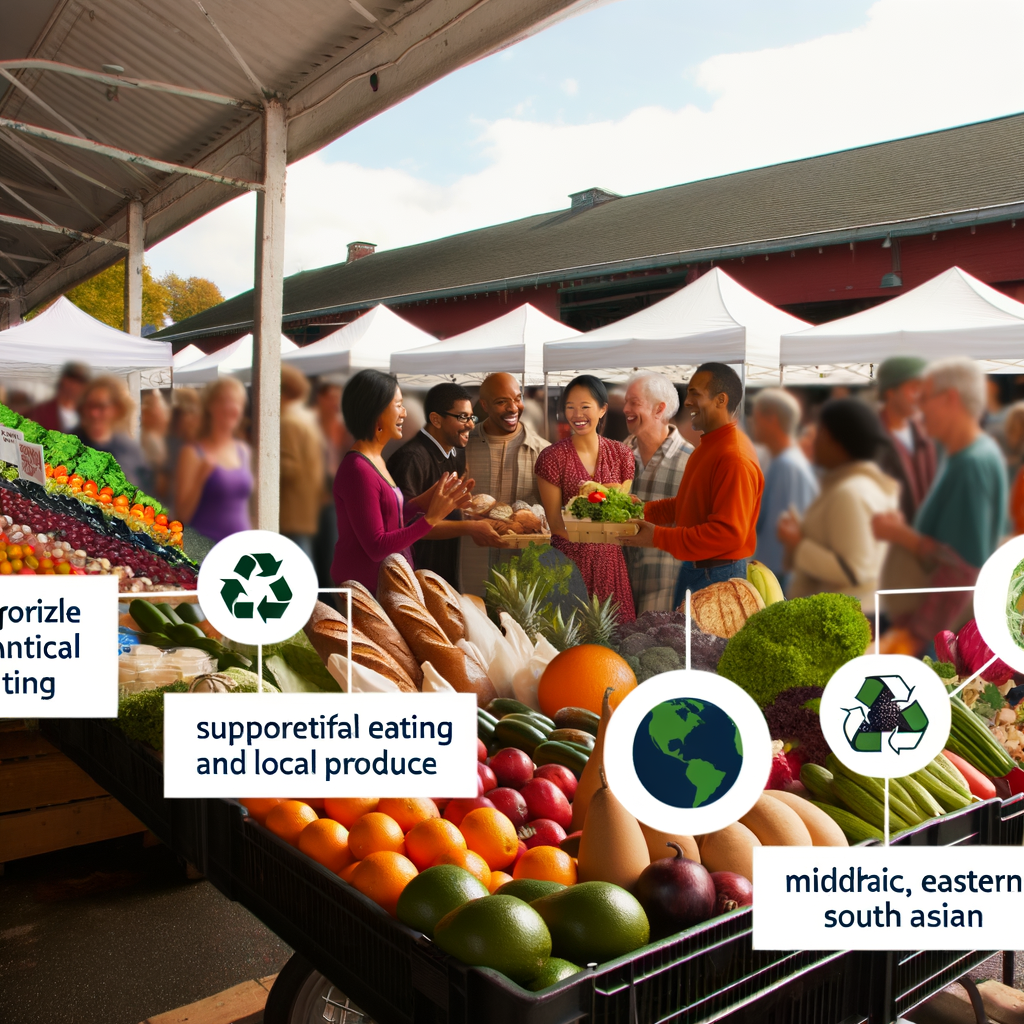As an expert chef, I have always been passionate about promoting ethical eating practices. In today’s world, where food production and consumption have a significant impact on the environment, it is crucial to consider the source and quality of our food. And that’s where the concept of local and organic food comes in.
Local food refers to food that is grown, produced, and consumed within a specific geographical region. By choosing to eat locally, we not only support our local farmers and businesses but also reduce our carbon footprint by minimizing transportation. Moreover, local food is fresher and more flavorful compared to imported food, as it is allowed to ripen naturally and does not have to endure long transit times.
On the other hand, organic food is produced without the use of synthetic fertilizers, pesticides, or genetically modified organisms (GMOs). Organic farming practices prioritize the health of the soil, water, and ecosystem, making it a sustainable option for our planet. By choosing organic food, we also protect our health from harmful chemicals and support animal welfare.
As consumers, we have the power to demand transparency and accountability from our food producers. By embracing local and organic food, we can make a positive impact on our environment and our health. So, next time you’re at the grocery store or dining out, remember to choose local and organic options. Let’s make ethical eating a way of life and pave the way for a brighter and greener future.





